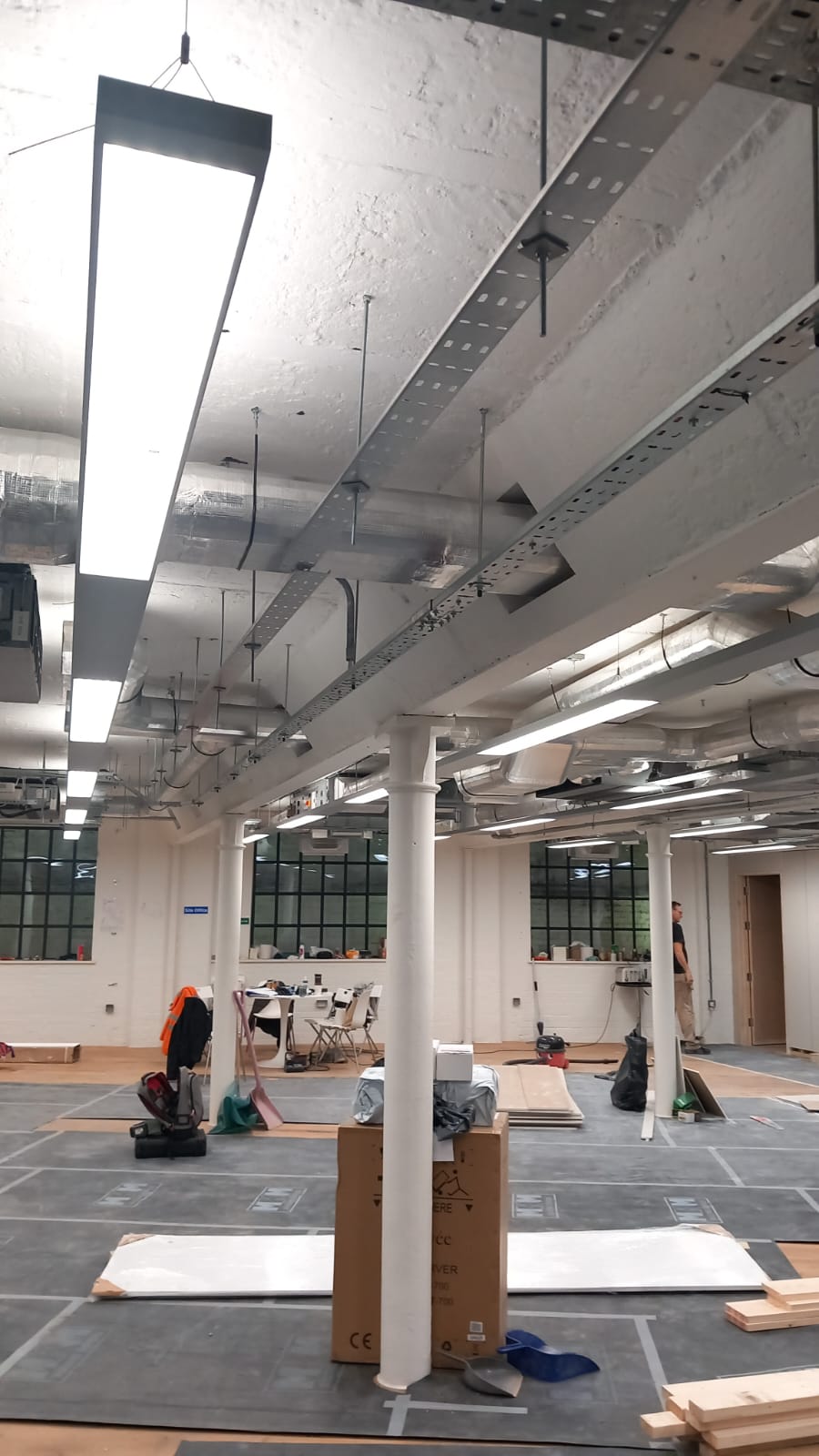Rewiring a property is a big job – and a costly one. So, if you’re wondering whether your home or office needs to be rewired, it’s important to know what factors to consider. In this article, we’ll take a look at when rewiring is necessary, the benefits of doing so, and what the process entails.
What is rewiring?
Rewiring a property is the process of replacing the existing electrical wiring. It is usually necessary when the existing wiring is outdated, damaged, or a safety hazard. Rewiring can also be done to improve the electrical capacity or add new features.
The benefits of rewiring are many. For one, it can make your property safer. Old or damaged wiring is a fire hazard, and by replacing it you can help prevent accidents. Rewiring can also make your property more energy efficient, as newer wiring can handle electricity better than old wiring. Finally, rewiring can allow you to add new features to your property, such as additional outlets or USB ports.
The process of rewiring a property can be complex and time-consuming. It is important to hire a qualified electrician to do the job, as they will have the experience and knowledge necessary to make sure that the job is done right. The electrician will first assess your property to determine what work needs to be done. They will then disconnect the old wiring and install the new wiring, taking care to route it through the walls and ceilings in a safe and effective manner. Once the job is complete, they will test the new wiring to make sure it meets all safety standards.
How do you know if a property needs to be rewired?
There are a few different things you should take into account when trying to determine if your property needs to be rewired. The age of the property, the condition of the wiring, the type of wiring, the number of occupants, and the amount of electrical devices in the property are all important factors.
Age
One of the main things you should take into account when trying to determine if your property needs to be rewired is the age of the property. If your property is relatively old, then it is more likely that the wiring will be outdated and in need of replacement. The average lifespan of electrical wiring is around 40 years, so if your property is older than this, it is definitely something you should consider.
Condition of Wiring
Another important factor to take into account is the condition of the wiring. If the wiring is damaged or has been exposed to water, then it may need to be replaced. If you can see any damage to the insulation or there are any loose wires, then this is definitely something you should have checked out by a professional.
Type of Wiring
The type of wiring in your property can also affect whether or not it needs to be replaced. If your property has knob and tube wiring, which was common in properties built before 1950, then it definitely needs to be replaced. This type of wiring is not up to current safety standards and can pose a serious fire hazard.
Number of Occupants
The number of occupants in your property can also affect whether or not it needs to be rewired. If you have a lot of people living in your home, then there will be more strain on the electrical system and it may need to be upgraded.
Amount of Electrical Devices
Finally, another thing you should take into account is the amount of electrical devices in your home. If you have a lot of devices that use electricity, such as computers, TVs, and stereos, then this can also put strain on your electrical system and cause it to need an upgrade.
The benefits of rewiring
Rewiring a property comes with a host of benefits that can be extremely advantageous, especially in older properties. One of the most significant benefits is increased safety. Outdated wiring is often a fire hazard, and rewiring can help to avoid electrical fires. Rewiring can also make a property more energy efficient by installing new, more efficient wiring. This can help to lower energy bills and make the property more attractive to potential buyers. Finally, rewiring can improve the resale value of a property by making it more appealing to buyers.
The process of rewiring
As mentioned, rewiring a property is the process of replacing the existing electrical wiring. This is usually necessary when the existing wiring is outdated, damaged, or poses a safety hazard. In some cases, rewiring can also be done to improve the electrical capacity or add new features. The benefits of rewiring are many, making your property safer and more energy efficient. However, the process of rewiring a property can be complex and time-consuming.
First and foremost, the power will be disconnected from the building before any work begins. Next, the electrician will remove all of the old wiring. They will then run the new wiring through the building – often times having to drill through walls and ceilings. Finally, they will install new light fixtures, outlets, and switches.
It’s important to have a qualified electrician handle this type of work as it can be dangerous. Improper wiring can cause fires, so it’s crucial that it’s done correctly. If you’re considering having your property rewired, be sure to consult with a professional electrician first.
Things to consider when deciding whether or not to rewire a property
There are a few factors to consider when trying to determine if a property needs to be rewired. The age of the property, the condition of the wiring, the type of wiring, the number of occupants, and the amount of electrical devices in the property are all important considerations.
The age of the property is one factor to consider. If the property is very old, it is likely that the wiring is outdated and may not be up to current safety standards. In addition, old wiring may not be able to handle the electrical load of today’s appliances and devices. If you are unsure about the age of your property’s wiring, you can ask an electrician for an evaluation.
The condition of the wiring is another factor to consider when deciding whether or not rewiring is necessary. If there is any damage to your property’s wiring – such as fraying or exposed wires – it poses a safety hazard and should be fixed as soon as possible by a qualified electrician.
The type of wiring in your home is also something to take into account. Old knob and tube wiring was common in homes built before 1950 but isn’t up to today’s safety standards. This type of wiring uses two insulated wires – one hot and one neutral – that run through hollow tubes or around ceramic knobs. Knob and tube wiring may not be able to handle today’s electrical loads safely and can pose a fire hazard. If your home has knob and tube wiring, you should have it replaced by a qualified electrician as soon as possible.
The number of occupants in a property can also affect whether or not rewiring is necessary, since more people in a home often means more electrical devices will be in use simultaneously. This increased demand may cause problems with old or outdated wiring. In addition, homes with more occupants may require additional outlets and switches to accommodate everyone’s needs without overloading circuits..
Similarly, the amount of electrical devices in a home can also play a role in whether or not rewiring sooner rather than later makes sense for a household.. Today’s homes often have multiple televisions, computers, gaming consoles, and other electronic devices that use electricity which can put strain on old or outdated wiring.. If you notice that your home’s outlets are constantly overloaded or that circuit breakers trip frequently, it may be time for an upgrade..

